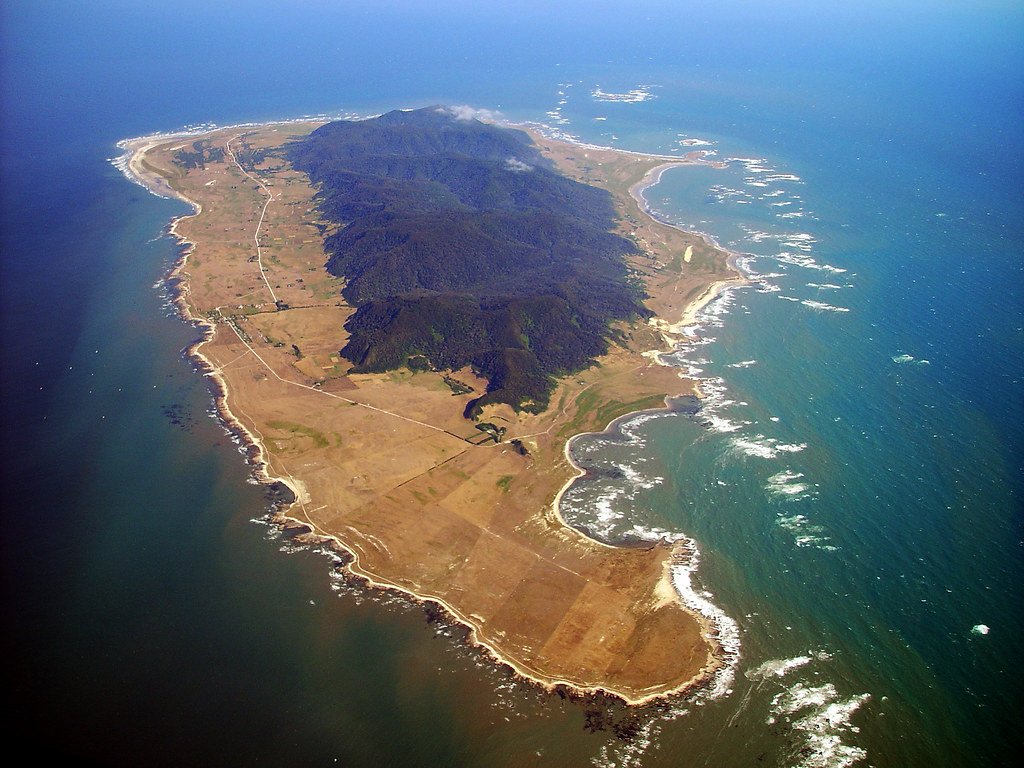Biophysical conditions played a fundamental role in early human colonization of insular territories, particularly in food-producing societies dealing with limited resources and the challenges of maintaining a sustainable carrying capacity. Studies on past human colonization of small oceanic islands thus offer insights into economic plasticity, ecological impacts, and adaptation of early food-producing groups. On the coast of southern Chile, early evidence is dated to 950 cal BP of island colonization by coastal populations with mainland subsistence systems based on the exploitation of marine resources, along with gathering, managing, and cultivating plants and hunting terrestrial animals. Strikingly, the extent to which these mixed economies contributed to insular colonization efforts is largely unknown. In this paper, we used organic residue analysis of ceramic artifacts to shed light on the subsistence of populations on Mocha Island in southern Chile. We extracted and analyzed lipids from 51 pottery sherds associated with the El Vergel cultural complex that flourished in southern Chile between 950 and 400 cal BP. Chemical and stable isotope analysis of the extracts identified a range of food products, including C3 and C4 plants and marine organisms. The results reveal the central role of mixed subsistence systems in fueling the colonization of Mocha Island.


